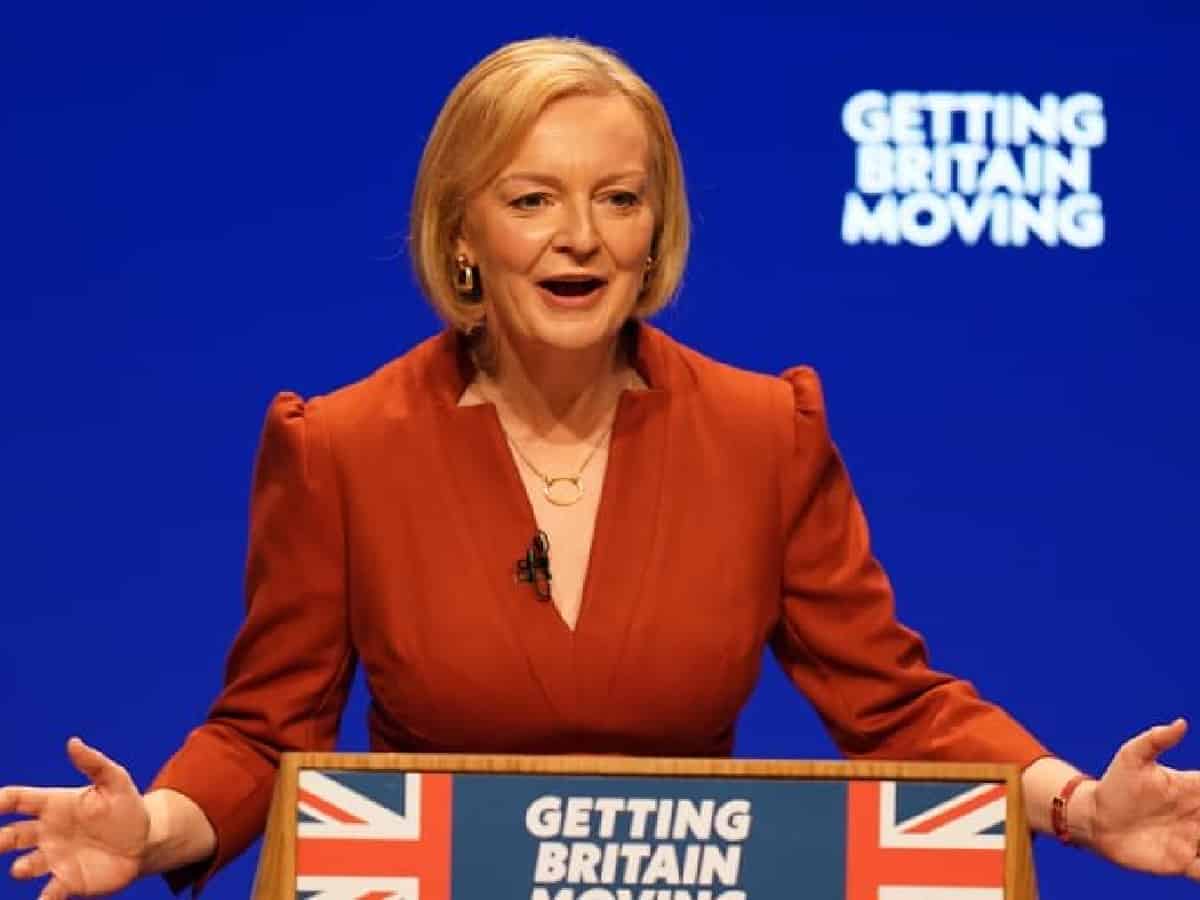
London: British Prime Minister Liz Truss on Monday handed a junior trade minister’s job to an ally of her leadership rival Rishi Sunak, in a move seen as an attempt to rally the governing Conservative Party behind her and curb rebellious moves on the backbenches.
Greg Hands, a vocal supporter of the former Indian-origin Chancellor, replaced Conor Burns as Minister of State in charge of Trade Policy in the Department for International Trade (DIT) after the latter was sacked recently following allegations of serious misconduct.
Hands was one of Sunak’s high-profile backers in the Conservative Party leadership contest and his inclusion was welcomed by other Sunak loyalists as a sign that Truss wants to build bridges with that faction of the party.
No one is more experienced and knowledgeable than Greg Hands on trade. A welcome addition back to the Liz Truss government, tweeted former Transport Secretary Grant Shapps, also a staunch Sunak supporter.
Sunak, the first British Indian candidate to compete for the top job at 10 Downing Street, was defeated in the Tory membership voting round last month after being a consistent frontrunner to replace Boris Johnson among the governing party’s MPs in the shortlisting phase of the leadership battle in July.
Hands said it was “an honour and a great privilege” to be part of the government, and is likely to also be involved in the ongoing India-UK free trade agreement (FTA) negotiations believed to be in their final stages ahead of the proposed Diwali deadline.
The new appointment comes at a time when there are growing fears of a backbench discord within the Tory party since the government’s embarrassing U-turn over a key tax announcement abolishing the top rate of income tax for the wealthiest.
Truss and her Chancellor, Kwasi Kwarteng, have been under pressure since the announcement of a mini-budget last month unleashed turmoil on the financial markets and sent the pound plummeting against the dollar.
On Monday, the Bank of England announced further intervention to shore up the markets by doubling the value of UK government bonds it can buy.
The central bank has said that it is ready to buy GBP 10 billion worth of bonds a day, double the GBP 5 billion a day it announced in the wake of the mini budget.
The government bonds, referred to as gilts, are used by the state to raise funds and the central bank had stepped in with the temporary measure of buying long-dated gilts in an effort to protect the country’s pension funds and calm the markets.
Meanwhile, Kwarteng has brought forward a planned fiscal statement to October 31 nearly a month ahead of its previous schedule of November 23.
The UK’s Treasury department announced that the so-called “Medium-Term Fiscal Plan” along with an independent Office of Budget Responsibility (OBR) forecast will now be published at the end of this month instead.
The fiscal statement is expected to detail how the Chancellor intends to pay for the nearly GBP 45-billion worth of tax cuts announced in the mini-budget and also how he plans to reduce the country’s debt.
There had been mounting pressure on the government to bring forward the fiscal announcement in order to curb fears over spiralling debt and unfunded tax cuts impacting already soaring inflation and interest rates.



